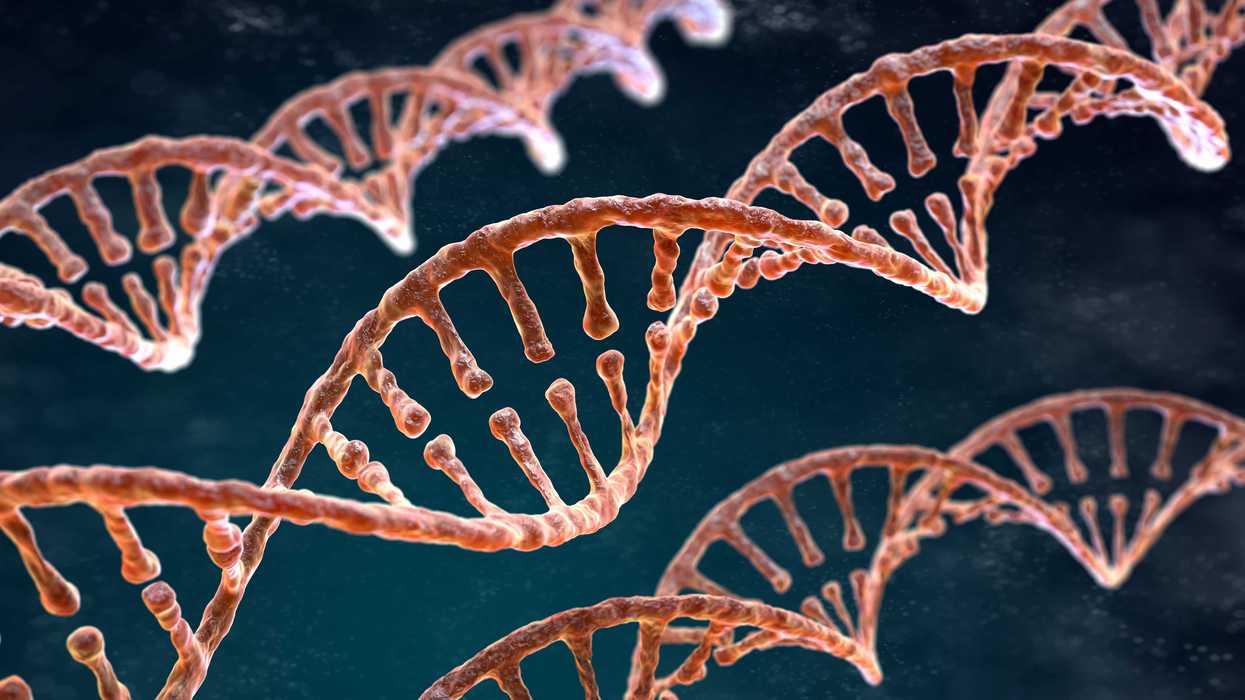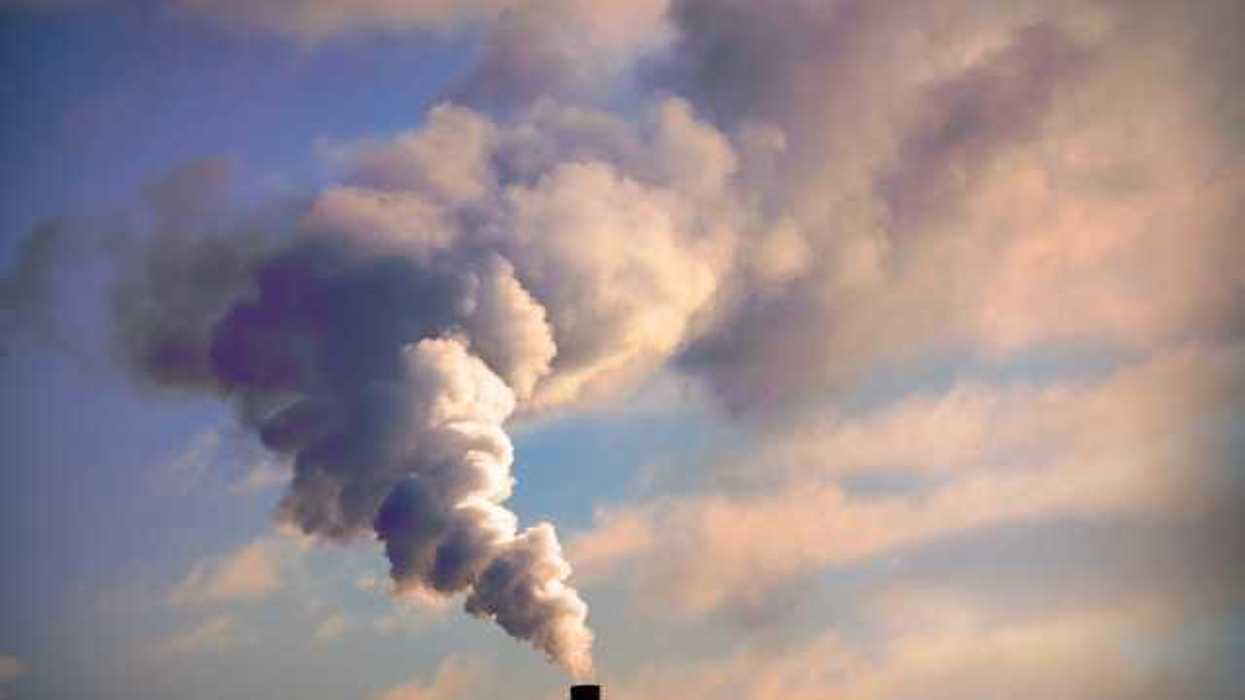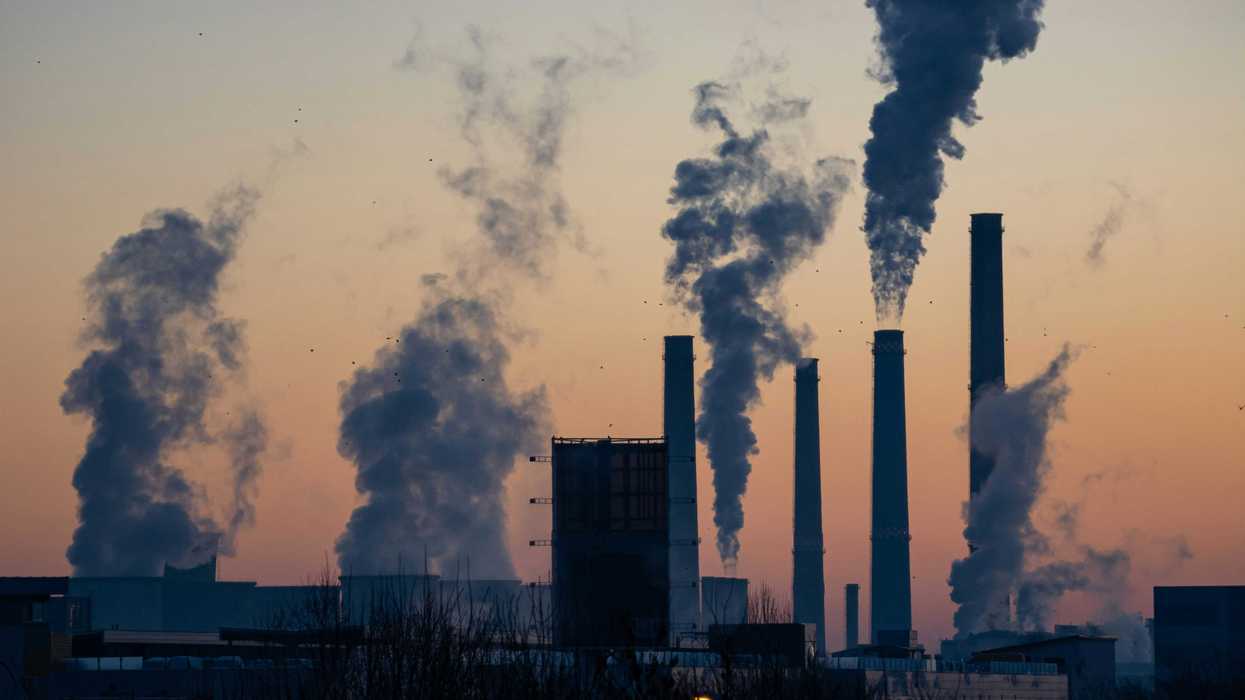More than 37 million Americans get drinking water from systems that exceed federal limits on PFAS, a class of toxic “forever chemicals,” and advocates worry the Trump administration could weaken those standards.
Austin Fast and Ignacio Calderon report for USA TODAY.
In short:
- The U.S. Environmental Protection Agency's new PFAS data, delayed by over a month, shows 667 water systems already exceed federal contamination limits, with many more likely as testing continues.
- Although the PFAS rule survived recent regulatory rollbacks, edits to EPA documents and legal challenges signal the rule may be softened or reversed.
- The U.S. Department of Defense recently lowered its cleanup threshold for PFAS near military bases, but advocates warn a rollback could halt these protections.
Key quote:
“It shouldn’t be up to the individual to be aware of every single contaminant in their water and address it themselves, particularly if they're on public water.”
— Jared Hayes, senior policy analyst, Environmental Working Group
Why this matters:
PFAS chemicals have been linked to serious health effects including certain cancers, developmental delays in children, liver damage, and reduced vaccine response. While scientists and environmental watchdogs have sounded alarms for years, political will has lagged. Under the Trump administration, efforts to tighten PFAS regulations at the federal level face new headwinds: legal challenges, industry pressure, and an internal EPA reevaluation that critics say could further erode public health safeguards. With only a patchwork of state-level standards in place, the potential rollback of federal oversight leaves tens of millions at risk, relying on outdated infrastructure and overstretched agencies to keep their water safe.
Related: Hidden studies from decades ago could have curbed PFAS problem: Scientist














